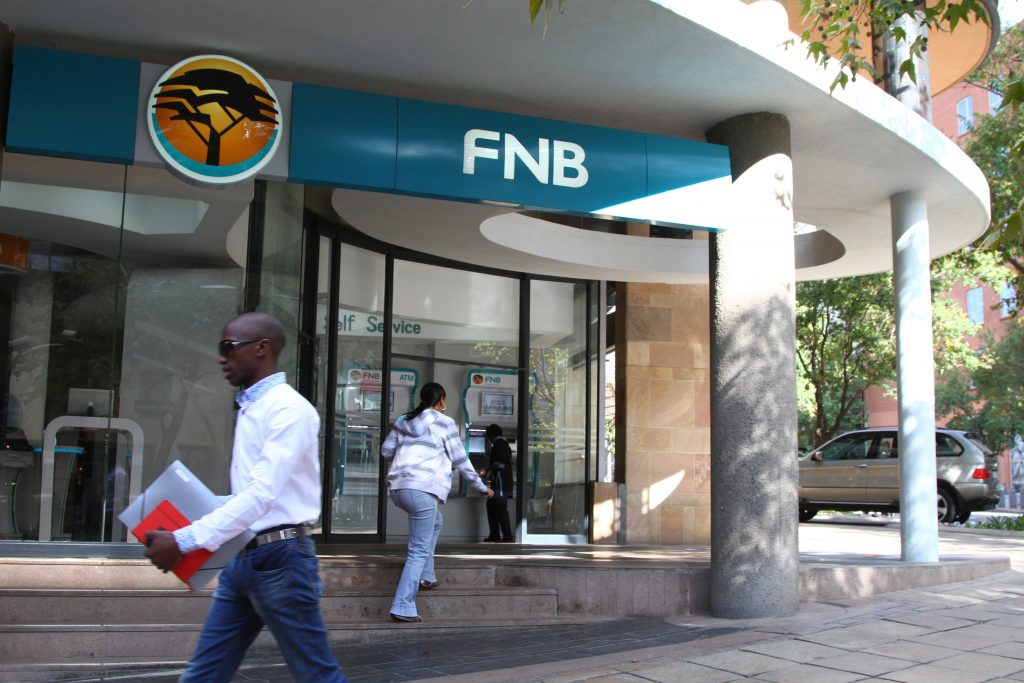Several First National Bank (FNB) clients have turned to the South African Police Service (SAPS), claiming that they were victims of a fraud scheme that resulted in millions of rands being stolen from their accounts. The bank customers, primarily pensioners and individuals who had taken out loans, are accusing the bank of failing to protect them during the scams, with some suggesting that FNB staff may have been complicit in the fraudulent activities.
Many of the victims have alleged that they were allowed to withdraw large sums of money that should not have been available at the time, leading to suspicions of collusion between bank staff and the scammers. Over the past year, has been following the story of these individuals, many of whom have lost their life savings and are now seeking answers from both FNB and law enforcement agencies.
FNB, however, has denied these allegations. The bank’s spokesperson, Sizwekazi Mdingi, emphasized that preventing and detecting fraud is a top priority for FNB, and that they are committed to investigating each case thoroughly. “FNB takes all fraud cases seriously and undertakes to investigate each case thoroughly in line with its zero-tolerance approach to criminality,” she said, also stressing that the claims of collusion and negligence are baseless.
Despite this, concerns have been raised by experts about the bank’s role in the fraud. Calvin Rafadi, a seasoned forensic and crime expert, has pointed out that bank officials have a responsibility to report suspicious transactions, such as large cash withdrawals, to the Financial Intelligence Centre. According to Rafadi, if banks fail to report such activities, they could face significant penalties, including fines up to R100 million or even jail time. He suspects that some bank staff may have intentionally ignored or overlooked these transactions, facilitating the scam by allowing fraudsters to withdraw funds without proper checks.
Victims have further alleged that some scammers accompanied them to FNB branches, where they were directed to specific tellers or bank managers with whom the criminals appeared to have an established relationship. In one particularly disturbing case, a woman reported that after withdrawing a large sum of money, the cash was not handed to her but instead given directly to the scammers, raising further questions about the bank’s internal procedures and oversight.
FNB has stated that it complies with all local and international banking regulations and has strict processes in place to prevent such incidents from occurring. Mdingi assured the public that the bank has robust monitoring systems and well-trained staff to detect and handle suspicious activity. She also mentioned that FNB is committed to cooperating with law enforcement to protect customers from fraud and ensuring their safety while banking.
The bank also addressed the allegations of duress, noting that they have measures in place to spot situations where customers may be coerced into making transactions. “If a situation indicating possible duress arises, we act swiftly to prioritize our customers’ welfare while also safeguarding their privacy,” Mdingi said. FNB urges customers to remain vigilant and report any suspicious activity immediately, as fraudsters are constantly finding new ways to deceive and manipulate individuals.
One of the most high-profile cases involves a 64-year-old woman from the North West who claims that scammers transferred R2 million from her pension fund without her knowledge. She is now struggling financially and is demanding answers from FNB. Another woman, a former teacher named Refilwe, has described how she was escorted into two different branches in Johannesburg on three separate occasions and forced to withdraw over R2 million from her account, which was then stolen by the fraudsters.
As the investigation into these fraud cases continues, the victims are left grappling with the emotional and financial toll of the scam, while also questioning the role of FNB in allowing such fraudulent activities to take place. The outcome of these investigations will determine whether the bank is held accountable for its actions, or lack thereof, in protecting its clients from fraud.
